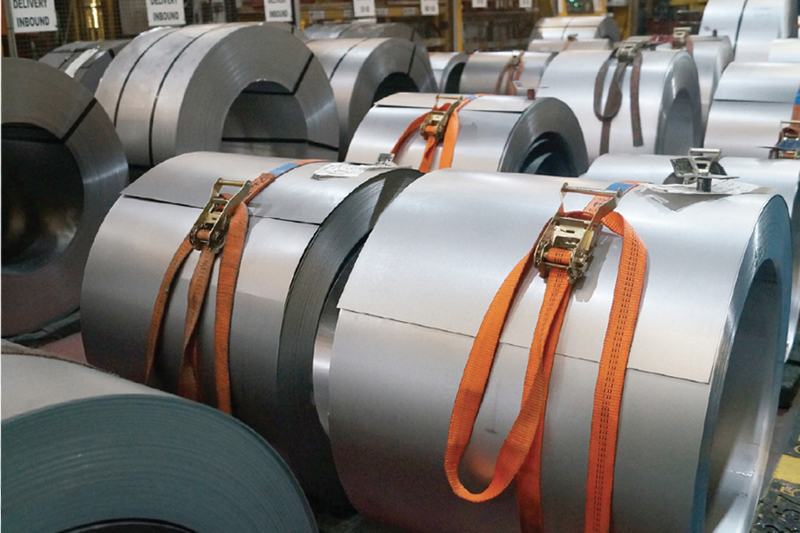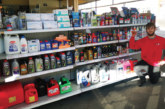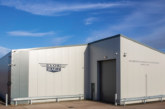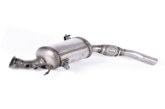
Klarius Products’ CEO Mark Brickhill explains how the aftermarket can cope with the rise in price of raw materials such as steel.
A range of factors are pushing current raw material prices up in a virtually unprecedented manner. Industries ranging from construction to electronics to white goods manufacture are having to pay far more for raw materials. This price increase has been driven by a perfect storm of initially reduced demand and production shutdowns, subsequently followed by a strong surge in demand. Large UK automotive aftermarket parts manufacturers such as Klarius Products have absorbed early cost increases, but are now having to increase prices, although so far only in single digits.
As the availability of any resource fails to meet demand, prices naturally go up. Thankfully, the current situation is not as serious an issue for UK rolled steel products as it is for the global computer chip market. A global shortage of processors has seen industrial giants such as Ford, Nissan, Apple, Sony and Samsung reduce production shifts and delay much anticipated product launches – just as demand peaks for their products.
Many industries have seen shortages and continuous price rises, especially with regard to small volumes of specialist steel, where producers are primarily focusing on the largest back orders. Manufacturers are typically afforded nine months price visibility from suppliers. However, in light of this extraordinary market, only one month visibility is available in most cases.
Mark Brickhill, CEO at Klarius, commented, “We are having to put prices up now, but it’s a relatively small increase compared to the growth in steel prices over the past 18 months. We’ll continue to find efficiencies and pass on savings to our customers while safeguarding the superior quality of our products, but the current market situation means we’ll almost certainly have to make another round of price increases. It will only make a difference of a few pounds to a single product, such as a section of exhausts. Factors are also working hard to pass on as little of this as they can to garages, so consumers aren’t seeing the kind of increases we are witnessing regarding raw materials.”
The good news is that production can continue, and stock levels of Klarius exhausts, catalytic converters, diesel particulate filters and accessories in the UK remain substantial, so there are no product availability issues. This is aided by the fact that Klarius is a UK manufacturer and therefore isn’t as affected by global logistics issues as more import-reliant businesses and industries. For example, compared to the construction sector, which is facing major material shortages, the picture is much more positive for the UK automotive aftermarket.
Looking further ahead, the availability of raw materials such as steel should improve as production catches up to demand. However, due to inflation and rising demand, prices are unlikely to fall in the foreseeable future.
Mark concluded, “We are extremely grateful to our key suppliers for their support and openness in these turbulent times and look forward to continuing our strong working relationships.”







